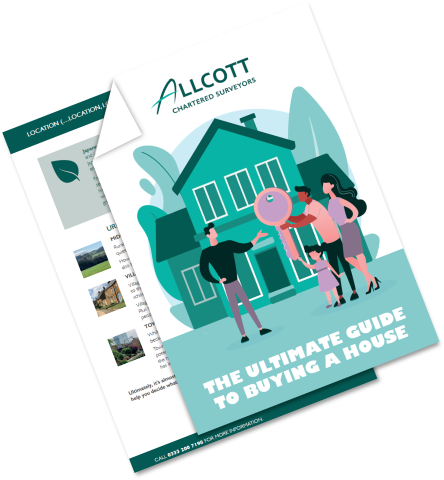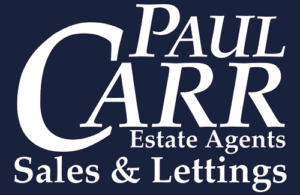The key to making a strong offer is preparation. Do your research so that you have a good understanding of the current market value of similar homes, and spend time scrutinising your finances and budget to make sure your offer is realistic for you.
How to Decide How Much to Offer
There are several things to consider when deciding how much to offer for a house or flat.
- How long the house has been on the market.
- If it has been listed for a few months, the vendors might accept a lower price than they were originally aiming for.
- How much similar houses are selling for.
- You can find sold prices for specific properties on the HM Land Registry website.
- Zoopla and Rightmove are great tools for getting an overview of house prices in a certain area and can provide estimates of market value for a particular house.
- However, it’s important to note that these are computer-generated estimates. If the house has unique features, it is more difficult for algorithms to predict the value. The tools also use historical data, so they are often a little behind the current market.
- Whether other offers are on the table.
- If you have competition, you need to stand out. You can do this by going straight in with a great offer, by emphasising how attractive you are as a buyer, or both.
- Your position as a buyer.
- If you are a cash buyer ready to move, you are in a great position and might be able to get away with a lower offer.
- Conversely, if you are relying on a mortgage and in a chain, unable to move until you receive the funds from your own property sale, you are a riskier prospect. You might need to increase your offer to persuade a vendor to choose you over a cash buyer.
- If you are a cash buyer ready to move, you are in a great position and might be able to get away with a lower offer.
- How much you will need to spend on the property.
- If there are critical works that you need to do soon after moving in, you need to factor this in when calculating what you can afford to offer.
- Whether your offer is realistic and affordable.
- Make sure you have factored in stamp duty, conveyancer and surveyor fees, and costs for urgent repairs if needed.
- Whether to go in with your best offer or leave room for negotiation.
- A first and best offer shows you are serious and can be a good move if houses are selling quickly and you have a lot of competition.
- In quieter markets, it might pay to start with a lower offer and negotiate if rejected.
***WHEN TO MAKE AN OFFER***
Two things to bear in mind: view the house a second or even third time if you can, and at different times of the day if possible; and make sure your mortgage in principle is in place, otherwise you won’t be seriously considered by the vendor.
How to Make an Offer on a House
Offers are usually made via the estate agent marketing the property. By law, the estate agents have to pass on any offers they get to the vendor, so don’t let them tell you that it is too low for them to pass on.
If it’s a private sale, go straight to the vendor. Remember, they are saving thousands of pounds in fees by not using an estate agent, so there may be more wriggle room on your offer price.
It is a good idea to follow up with an offer in writing, to avoid any potential confusion.
It can be worth adding a note to your offer, that it is conditional on the property being taken off the market. This reduces the chances of someone else gazumping you; that is, making a higher offer and getting the property even though your offer was already verbally accepted.
You should also be clear if your offer is based on the assumption that particular fixtures and fittings within the house will be included, for example, a log burner or kitchen equipment.
***Remember, in England and Wales, an offer is not legally binding until contracts are exchanged***











